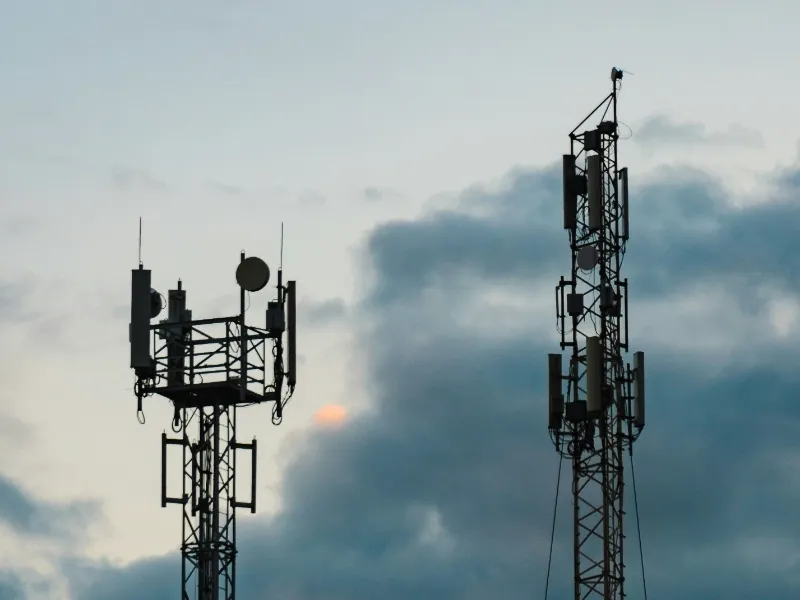- As the world leans more towards 5G and enhanced broadband capacities, the microwave backhaul market is set to grow exponentially.
- Companies like Ericsson, Nokia, Huawei, Aviat Networks, and SIAE Microelettronica are at the forefront of this technological evolution, providing innovative solutions that ensure high-speed, reliable data transmission.
- Their contributions are not only advancing telecommunications infrastructure but also supporting the ever-growing demand for connectivity in both urban and remote areas.
Microwave backhaul refers to the wireless communication links between the core network and subnetworks. As demand for faster and more reliable mobile services increases, the role of microwave backhaul has become crucial. This technology is pivotal in regions where laying fibre is impractical or too costly. Today, we explore five companies that are making significant strides in the microwave backhaul industry.
1. Ericsson
A titan in the telecommunications industry, Ericsson is at the forefront of microwave backhaul technology. Ericsson’s MINI-LINK series is widely acclaimed for its high performance and reliability. These systems offer capacities of up to 10 Gbps and support for both traditional microwave frequencies and the newer millimetre-wave bands, which are essential for 5G deployments. With a strong focus on innovation and sustainability, Ericsson continues to lead with solutions that cater to a future-proof network, making it a go-to for operators worldwide.
Also read: What is microwave backhaul?
2. Nokia
Nokia‘s microwave backhaul solutions are part of its comprehensive mobile broadband portfolio. Known for its high-capacity, low-latency performance, Nokia’s backhaul systems are designed to support the intense data requirements of modern networks, including LTE and 5G. Their Wavence series uses advanced radio technology to offer enhanced data transmission rates, making Nokia a key player in enabling mobile operators to expand their network capabilities efficiently.
3. Huawei
Huawei is another major player in the field, with its innovative HERT (High Efficiency Radio Transceiver) technology. Huawei’s microwave products provide flexible and scalable solutions, capable of delivering up to 20 Gbps per link. Their OptiXstar and RTN series have been widely adopted, particularly in emerging markets where cost efficiency and ease of deployment are paramount. Huawei continues to invest in research and development to ensure its microwave backhaul technology remains at the forefront of innovation
Also read: Fiber vs. microwave backhaul: A comprehensive comparison
4. Aviat Networks
Specialising exclusively in wireless transport solutions, Aviat Networks offers a range of products that focus on high reliability and operational efficiency. Their Eclipse and IRU series are particularly notable for their ability to deliver robust performance in diverse environments, ranging from urban settings to remote and rugged terrains. Aviat stands out for its expertise in network design and its emphasis on customer-specific solutions, making it a preferred choice for specialised telecommunications needs.
5. SIAE Microelecttronic
SIAE Microelettronica, headquartered in Italy, is a global leader in providing state-of-the-art microwave radio solutions tailored for mobile and fixed telecommunications networks. Their ALFOplus series is a testament to their commitment to high-performance and sustainable technology. These systems are designed to offer exceptional capacity and energy efficiency, which are critical in reducing operational costs and supporting green initiatives within the industry.

